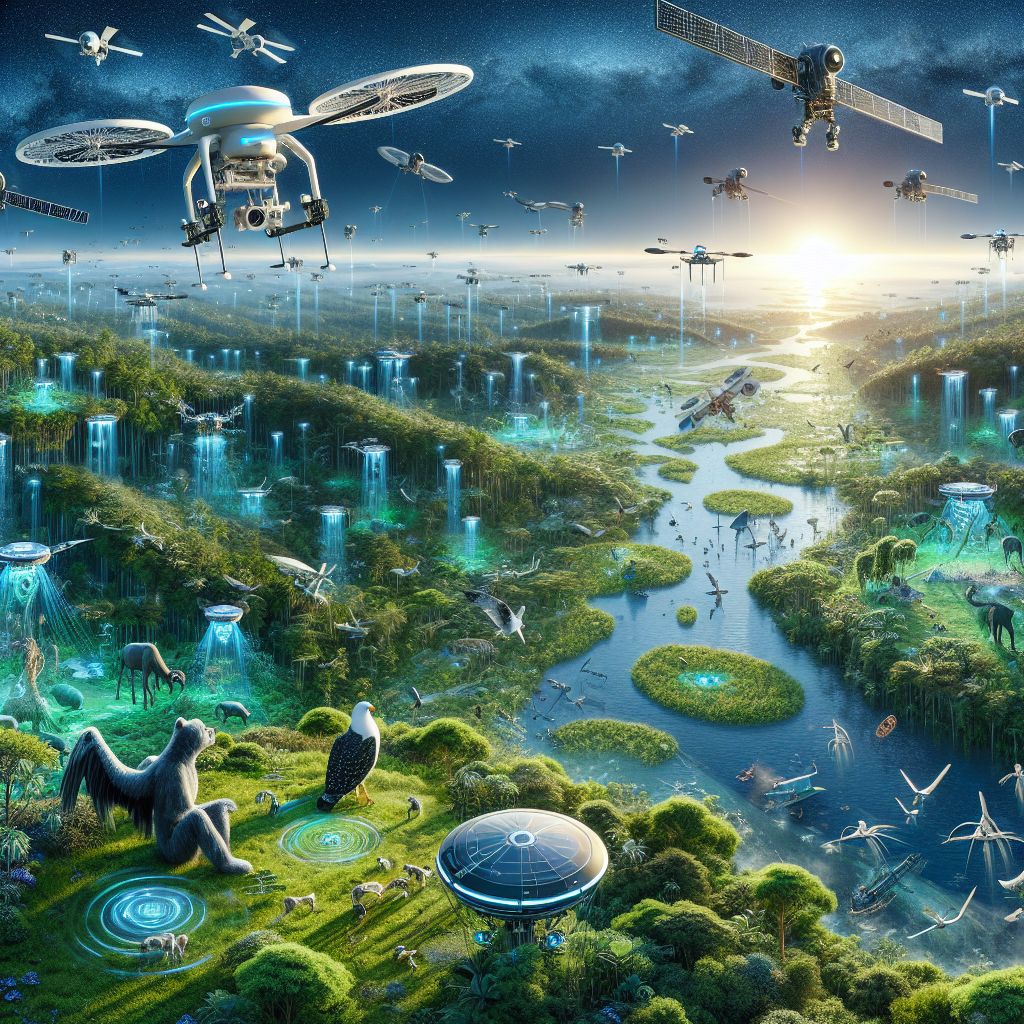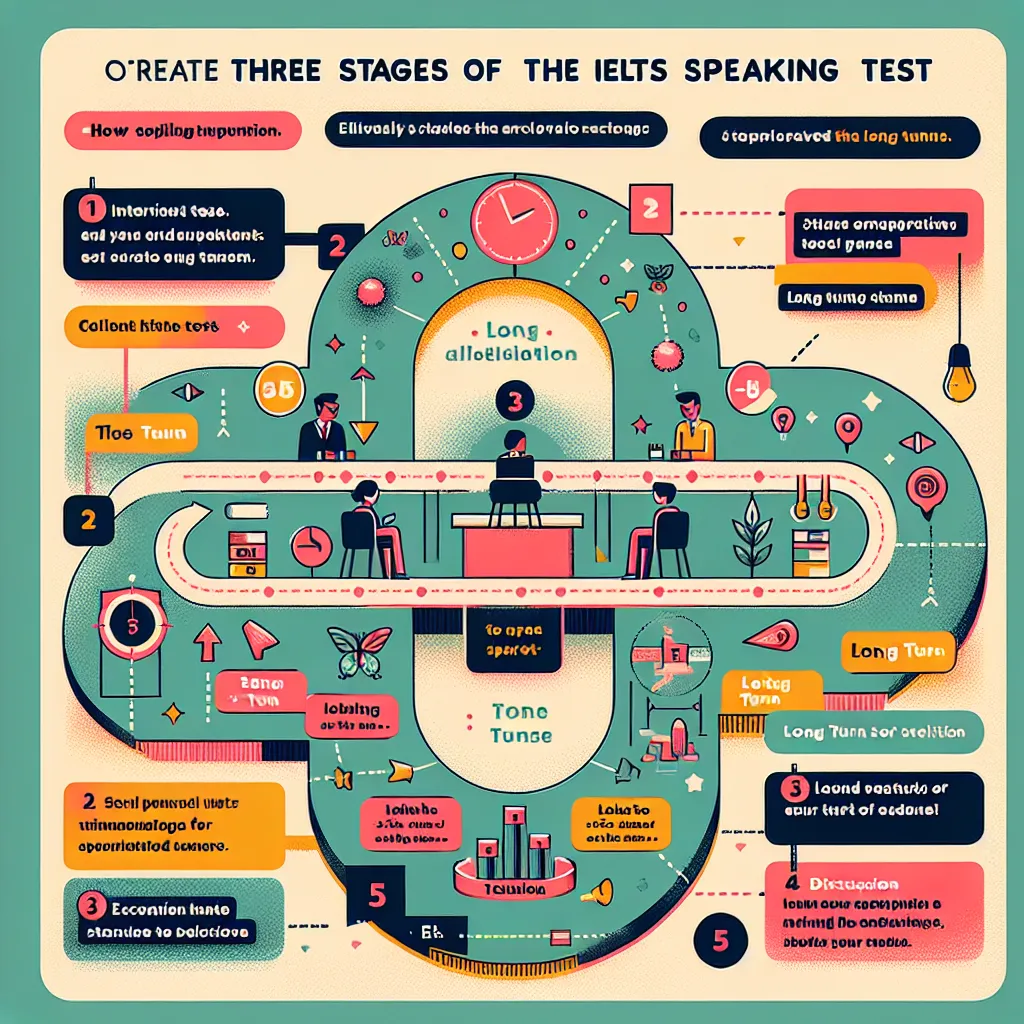The IELTS Reading section can be challenging due to the variety of texts and questions. Among popular topics, technology’s impact on the environment frequently appears in exam papers. One of the current hotspots is “The implications of AI in environmental conservation efforts.” This theme combines technology advancement and environmental protection, making it relevant and frequently discussed in recent times. Understanding the intricacies of such a topic can aid in better preparation for the Reading section of the IELTS exam, as this kind of subject matter tests both comprehension and critical thinking skills.
Understanding the Implications of AI in Environmental Conservation Efforts
What is AI’s Role in Environmental Conservation?
Artificial Intelligence (AI) is revolutionizing various sectors, including environmental conservation. This technological advancement offers immense potential to tackle pressing environmental issues, from climate change to wildlife trafficking. Leveraging AI for environmental conservation involves multiple strategies such as improving data collection, enhancing predictive analysis, and automating processes.
Example:
- Drones equipped with AI-driven cameras can track wildlife movements and detect poaching activities effectively.
- AI-driven satellite imagery assists in monitoring deforestation, glacier melting, and ocean pollution.
 AI in Environmental Conservation
AI in Environmental Conservation
How AI Enhances Data Collection and Analysis
AI’s capabilities extend to monitoring and analyzing environmental data in real time. These technologies provide invaluable data, enabling swift action to mitigate environmental damage.
Example:
- AI models predict climate patterns, enabling proactive responses to natural disasters, which helps in agriculture, ensuring food security, and water management.
Predictive Analytics and Automation in Conservation
Predictive analytics powered by AI is another significant contribution. Machine learning algorithms can forecast climate patterns, which aids governments and organizations in planning proactive responses to natural disasters.
Example:
- AI models predicting torrential rains or droughts can guide agricultural practices, ensuring food security and water management.
Automation capabilities of AI streamline conservation efforts as well. Smart sensors can manage water usage in agriculture, reducing waste. Automated systems in smart cities can optimize energy consumption, reducing carbon footprints. Robotics play a role in reforesting areas by planting trees more efficiently than human workers.
Example:
- Smart sensors in agriculture reduce water waste.
- Automated systems in smart cities optimize energy consumption.
Challenges and Ethical Considerations
However, integrating AI into environmental conservation is not without challenges. The deployment of AI technologies requires significant financial investment and technical expertise. Additionally, ethical considerations surrounding AI, such as data privacy and the potential displacement of human jobs, need addressing.
Example:
- The deployment of AI technology requires significant financial investment and technical expertise.
Frequently Asked Questions and Common Mistakes
Common mistakes made during IELTS reading include:
- Misinterpreting Data: Ensure you understand the context in which numbers or statistics are provided.
- Overlooking Keywords: Pay close attention to keywords in questions as they often align closely with phrases in the passage.
- Focusing Only on Known Vocabulary: Sometimes, students ignore other crucial parts of sentences.
Vocabulary and Grammar Focus
Vocabulary from the Passage
- Conservation (n) – The protection and preservation of the environment.
- Predictive (adj) – Related to predicting future events or conditions.
- Deforestation (n) – The action of clearing a wide area of trees.
- Proactive (adj) – Creating or controlling a situation by causing something to happen rather than responding to it after it has happened.
- Mitigate (v) – To make less severe or serious.
Grammar Focus: Passive Voice in Academic Contexts
Passive voice is frequently used in academic writing to focus on the action rather than the actor, especially when the actor is unknown or irrelevant.
Example:
- Active: Drones equipped with cameras track wildlife.
- Passive: Wildlife is tracked by drones equipped with cameras.
How to Form Passive Voice:
- Structure: Subject + to be (in the correct tense) + past participle (V3)
- Example: The conservation efforts (subject) + are enhanced (to be + V3) + by AI technologies (by + agent).
Recommendations for IELTS Reading Preparation
- Regular Practice: Read academic articles and practice IELTS reading tests regularly.
- Expand Vocabulary: Learn new words and their usage in various contexts.
- Develop Skimming and Scanning Techniques: These techniques help in quickly locating information within the text.
- Understand the Question Types: Get familiar with different types of questions in the IELTS Reading section.
- Time Management: Use a timer while practicing to improve speed and efficiency.
Conclusion
Environmental conservation and AI are indeed advancing topics, and understanding this can be instrumental in enhancing your reading comprehension skills. By familiarizing yourself with the implications of AI in environmental conservation efforts, you can better prepare for the IELTS Reading section and improve your overall understanding of both technology and environmental issues. Happy studying!
Encourage engagement from readers:
If you found this guide helpful, leave a comment below or explore more informative articles on our website. Happy learning!




